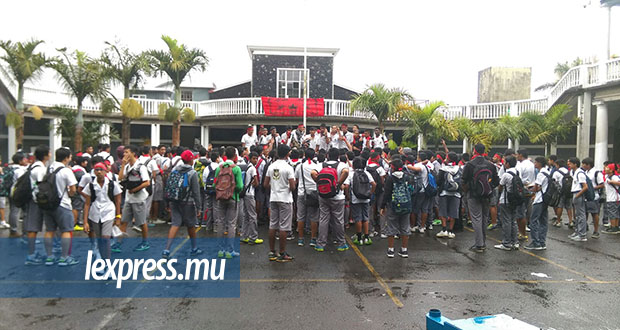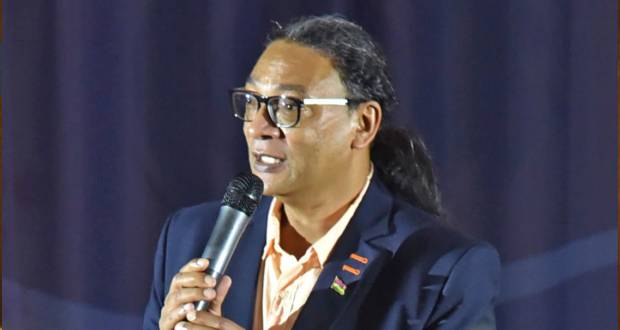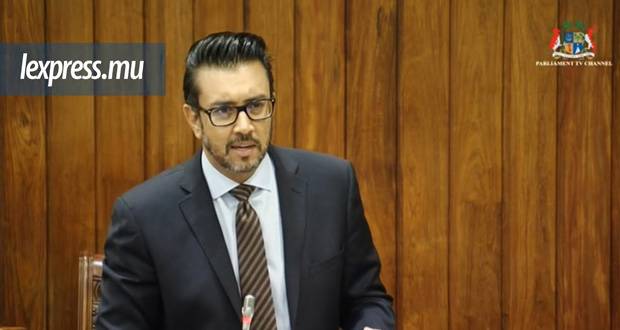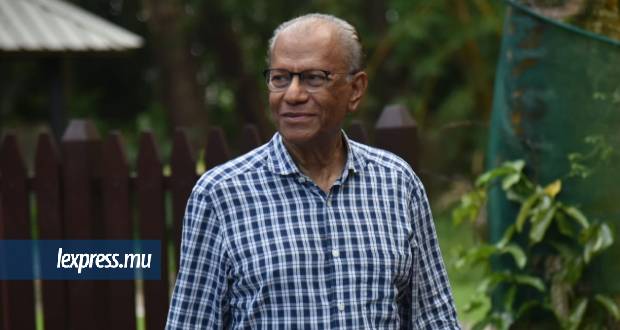Publicité
HSC results-let’s join the blame game
Par
Partager cet article
HSC results-let’s join the blame game

The Education system in Mauritius has always been in jeopardy on the appointment of a new Minister of Education. A new minister may think it is his duty to proceed to a tabula rasa in his department - not that he acts on the advice of his permanent technical advisers - he or she knows better. His experience in educational management is often negligible and his/ her knowledge of education is that of the layman - or limited to a couple of years’ teaching experience at primary, secondary or tertiary level without a postgraduate qualification.
Another minister, through lack of confidence, may allow himself to be dictated to by advisers who have either an axe to grind (vested interest in the perpetuation of the status quo) or suffer from apathy or civil service inertia. Both categories may be unacceptable in an area in which the advanced world may be emulated for gradual and incremental improvement. Of late, pedagogues have been alarmed at the abrupt changes which have been introduced without the least sign of protest from parents, teachers and civil society. To wit the nine-year schooling programme, the requirement of five credits to do HSC and the introduction of free university studies in the public sector.
A short-sighted person may applaud without a thorough analysis of implications and consequences. As regards, free tertiary education, now we are hearing of dozens of courses which are being scrapped at the UoM. How many parents who had intended to send their wards to foreign universities, implanted in Mauritius, will now, unless they are well-to-do, redirect them to the public institutions? Will not the influx of candidates make the selection process more arduous? And what will happen to those who fail to get admission? Will they not be thrown back on the foreign institutions as “rejects” with all that the term connotes? Education may be a human right but food also is. Does the government have a duty to feed all the unemployed, beyond giving them a social aid?
In other countries all these matters would have given rise to a debate. In our country, fortunately, we have a “peuple admirable”. People rarely think deep enough. Mental processes are slow and this explains why politicians are able to lead us by the horns. Rarely do we hear a comment that makes us realise that a brain somewhere is working. For example, a gentleman asked a radio host the other day why so many projects are being implemented in a single constituency, and why public funds, which are not the private property of the Minister, are being used for the purpose.
Leaving this digression, let us move back to the policy making process of our own government. Since the HSC results are out, many well-meaning people have analysed the success rates and arrived at what unfortunately are, in my humble view, wrong conclusions. The success or failure rates will never be constant. They will vary from year to year with a number of factors e.g. the school environment, the quality and motivation of rectors and teachers, parents’ proximity to schools and teachers, the quality of learners. As regards the second two categories of actors, although I believe that they all try to be as good as possible; the same cannot be said of the others. In a previous article, I deplored the environment of some schools where drug peddlers are active and have their accomplices even inside the school. How can we expect learners who are addicted to drugs or alcohol, to concentrate on their studies?
Alongside this problem, another has arisen - the smart phone and the like! In the past, people walked with their heads held high. In public places they would salute those they know; they would smile and even engage in a short conversation about the weather or the latest accident. Nowadays, everywhere – lounges of airports, in the plane, in lifts and even in the office you will see people poring over their smart phones, reading a message or even talking to a correspondent. Human beings are turning into zombies and finally, communication, as we have known it, will come to a standstill. The amount of time spent on these new gadgets is so much time robbed from studies and other useful mind-nourishing pursuits. All these all-compassing extra activities must surely impact on studies and examination results.
We mention parents as all important in the process of child development. This is known to everybody. But how many parents, I am afraid, abdicate their important role and engage in activities which, they hope, will redound to their exclusive benefit but which, finally backfire or peter out. How many lives have thus been ruined by unmotherly mothers? Many of our students, coming from broken homes, lack emotional balance and waste precious time in and out of school. Larking is not uncommon. The government and private learning institutions should think of tapping the large pools of retired teachers whose wealth of knowledge could supplement the official teachers’ work. Maintaining a close shop mentality may in the end be detrimental to students who need some support.
Close-shop may be a misnomer. Many of our past and pre- sent laureates may have taken tuition from teachers whose colleges have not produced any laureate. Education (from the Latin ex ducere) is after all the sum-total of learning obtained from many actors: parents, peer groups, religious guides and other citizens - never the monopoly of the school. Education, or rather learning at school, takes place when we have inspiring teachers who pre- pare their lesson plans in advance and who adopt a participative approach. Revision is the key to the acquisition of new knowledge.
Every learning institution should have a debating society that meets every week, preferably, after school hours. With pupils of the same level of intelligence, teaching and learning occur simultaneously. But with students of mixed abilities, teaching is an art. The number of laureates is not an exact indicator of successful schools. Success must also be measured by what a person achieves in his life after school. And rarely would a student be motivated if he finds that others before him have earned diplomas and degrees which land them in call centres rather than in a profession for which he studied. Should not a good politician, I mean a statesman, give some thought to these important matters and not only how he will win the next election. Reading the names of laureates on television should be left to executives! When the results are known, the Minister should brainstorm with his advisers and his executives and come up with an inspiring report.
Publicité
Les plus récents






